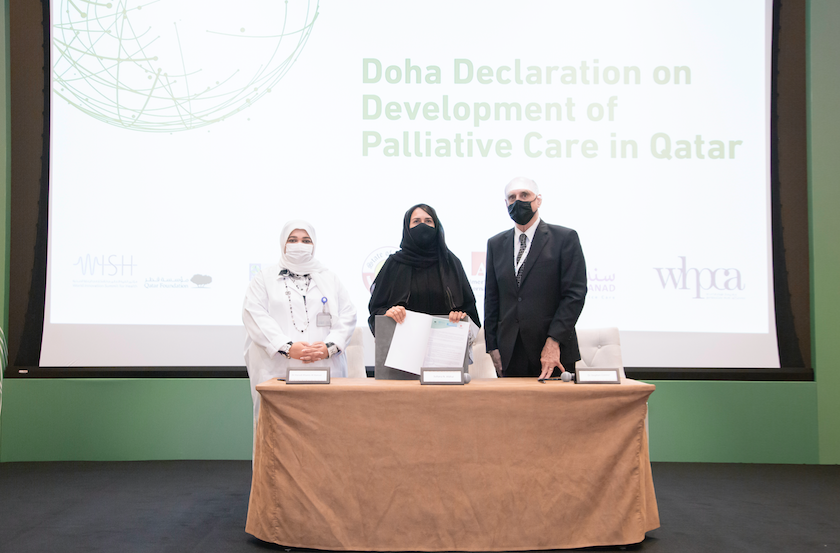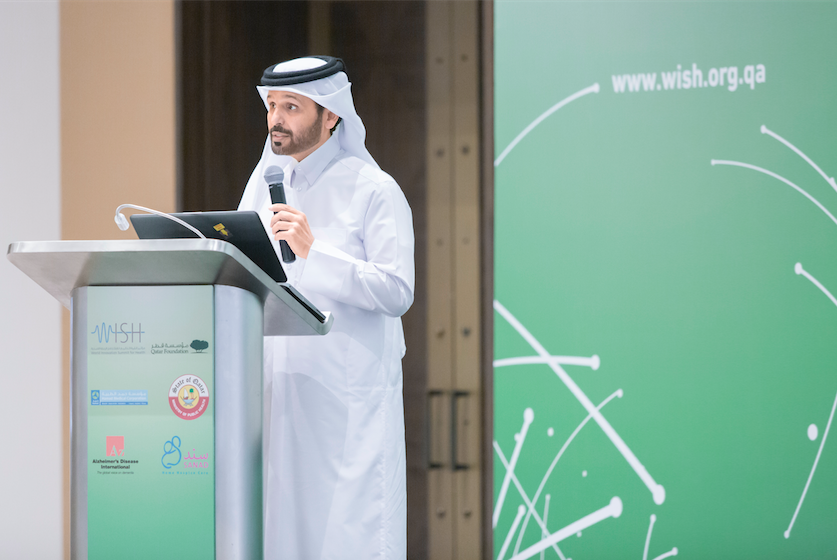Over 500 global health innovators to converge on Doha for WISH in Dec

DOHA, More than 500 global health innovators are expected to attend the inaugural World Innovation Summit for Health (WISH) which will be organised by the Qatar Foundation in Doha from December 10 to 11.
The delegates including heads of states, ministers, senior government officials, academics and influential business leaders will discuss the most promising healthcare innovations for dealing with the world’s most pressing health challenges.
The two-day summit will feature forums seeking to address problems on obesity, mental health, road traffic injuries, accountable care, antimicrobial resistance, end-of-life, patient engagement, and big data & healthcare through practical, sustainable and innovative ways.
During the event which will be chaired by Her Highness Sheikha Moza bint Nasser, Chairperson of Qatar Foundation, WISH will also unveil a Global Innovation Diffusion Study (Innovation Index).
First of its kind in the world, the innovation index will assess eight countries in terms of how their systems contribute to transformative change, whether through innovation in technology, processes or business models.
The eight countries which will be assessed are Qatar, England, the US, Brazil, Australia, Spain and South Africa.
Addressing the media on Sunday, Professor Lord Darzi of Denham, chairman for the Institute of Global Health Innovation at Imperial College London and executive chair of WISH, said, œIn 100 years, research and science has doubled the life expectancy of mankind. Despite all of that, we’re having more challenges. How do you improve the quality of care? How do you improve the access of care? How do you control the cost? These are the three reasons why we have the summit. These are the three reasons to bring the biggest brains in the world, and not just in the science, but also the ministers and the policy makers who will do the implementation. The science is out there, but we need to shift the science for the benefit of the patient.
That is what this meeting is all about. England’s Chief Medical Officer Professor Dame Sally Davies, who is chairing the forum on microbial resistance, said, œThe forum will address diseases and problems that have global reach. In Europe, 25,000 people die every year due to antibiotic resistance equal to the number of those who die in road traffic accidents.
œIn the United States it’s 23,000. Across the globe every year many people die of it. And we don’t know the size of it. We need to develop laboratories, mechanisms to capture data integration. Also, we haven’t had a new class of antibiotics since 1987. And we need to develop ways to conserve the antibiotics we have. The summit’s forums, which will be chaired by leading global experts, will feature low-cost and highimpact evidence-based recommendations which will serve as options for policymakers to adopt and implement in their own countries.
Professor Dermot Keller, dean of the Faculty of Medicine at Imperial College London, added, œWe have to think beyond our local environment and look at the challenges of the global environment. And this becomes a very big part of this meeting. We have to improve the boundaries that we traditionally set for ourselves in innovation.



